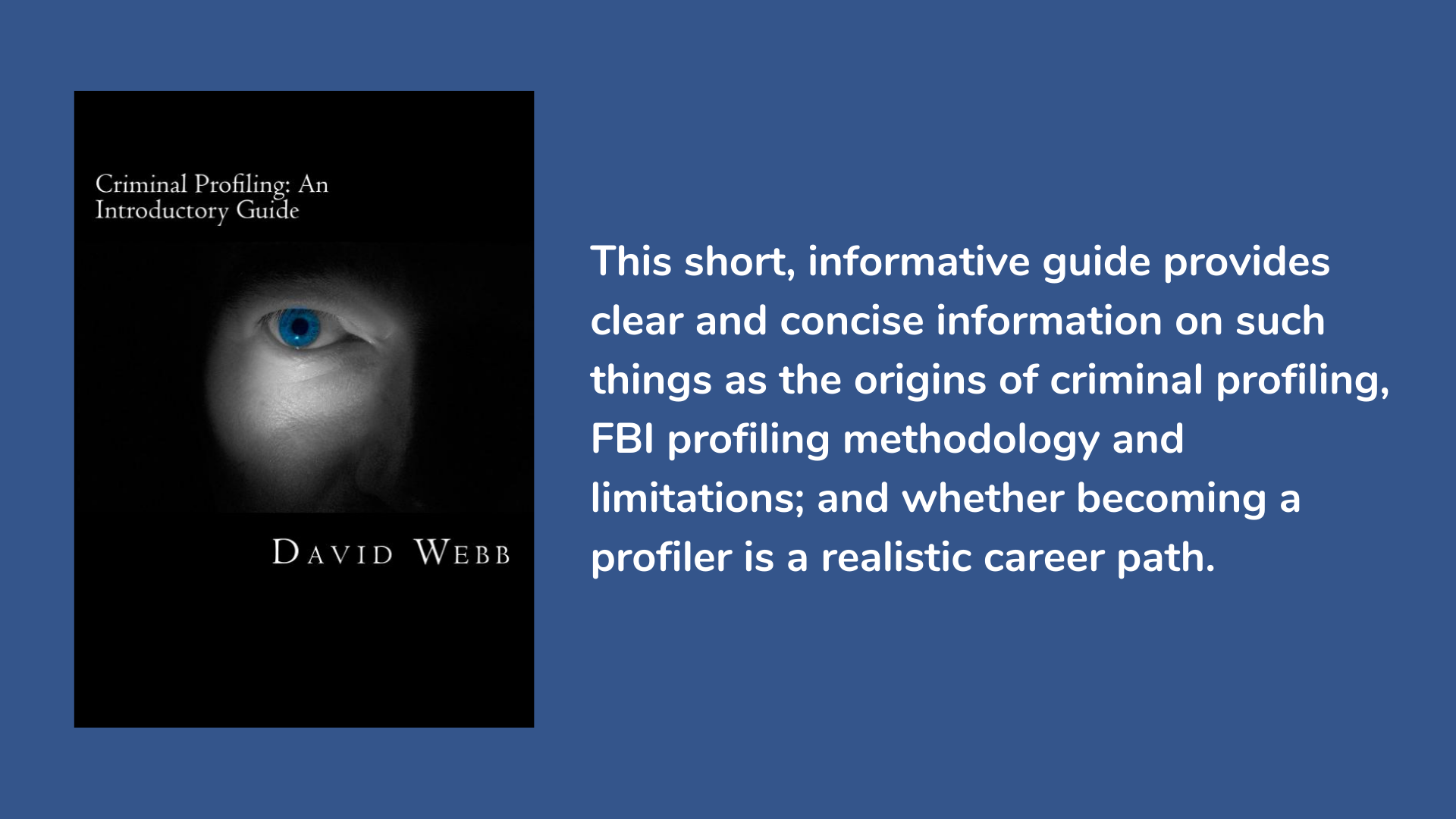Venting Frustration with Judges
by Dr. Helene Hubbard
(Bradenton, FL, USA)

I'm a board-certified developmental-behavioral pediatrician who is sometimes called to testify in family court about the developmental and mental health consequences to a child of whatever the facts of the case involve; divorce, abuse, medical condition, environmental factors.
There are only 500 developmental-behavioral pediatricians nationwide because of the extensive preparation; medical school, residency, board-certification as a general pediatrician, additional graduate training, e.g., I hold a Ph.D. in Educational Psychology, counterbalanced by a pay scale that is less than the one for general pediatricians.
My greatest frustration is that after I have explained how a particular child's condition is affected by his circumstances, the judge just looks at me and asks incredulously, "So what about that just getting out of jail for drug use and dealing, having been recently re-arrested for the same offenses and facing additional jail time if convicted makes her a bad mother?" as he returns the child to her custody. Apparently physical presence and emotional availability and mental understanding of the immediacy of a young child's needs don't count in assessing parental fitness. Or "Do you mean to tell me that little first grader has post-traumatic stress disorder and mood disorder and Aspergers?", when records have been submitted of three separate independent evaluations over the last two years attesting to each of those diagnoses.
Or when all the witnesses including me unanimously recommend the same thing, except the "official" case worker, and the judge intones, "I adjudicate this case following the recommendations of the case worker, a 23-year-old BSW who believes in two parents and two kids to a family and thinks the best foster mom in this county parents too many kids, so this toddler with severe reactive attachment disorder who is finally bonding against all odds - including with one of his foster siblings - should be adopted by strangers -- immediately.)"
Or when the adults are all fighting over custody and shared parenting and the child, who is being abused, writes (in my office so authenticity is well documented)to the judge to try to be heard, and the judge gives the letter to the abuser to use in dealings with child but refuses to read it himself until after the court hearing. Or when I provide scientific corroboration for the testimony I give and the judge waves it aside AND likewise ignores the testimony even though I am the only expert witness called in the case.
In fairness, I have encountered many wise and wonderful judges over the years -- who believed scientific research and valued expert opinion -- who listened to evidence and understood the forces past and present that determine the outcome of a child's future.
But I still have a hard time accepting arbitrary decisions based on the whim of an individual who wields power of life, death and disability with such cavalier disregard for the innocent child whose fate he determines.
